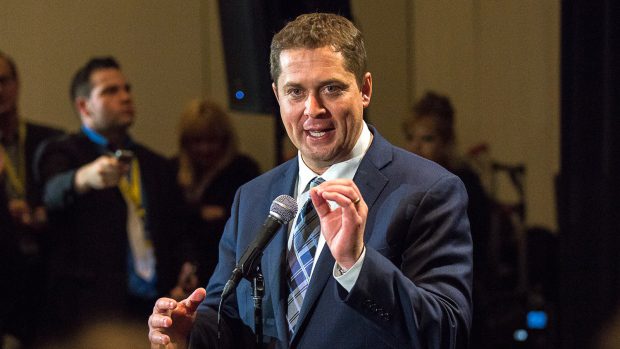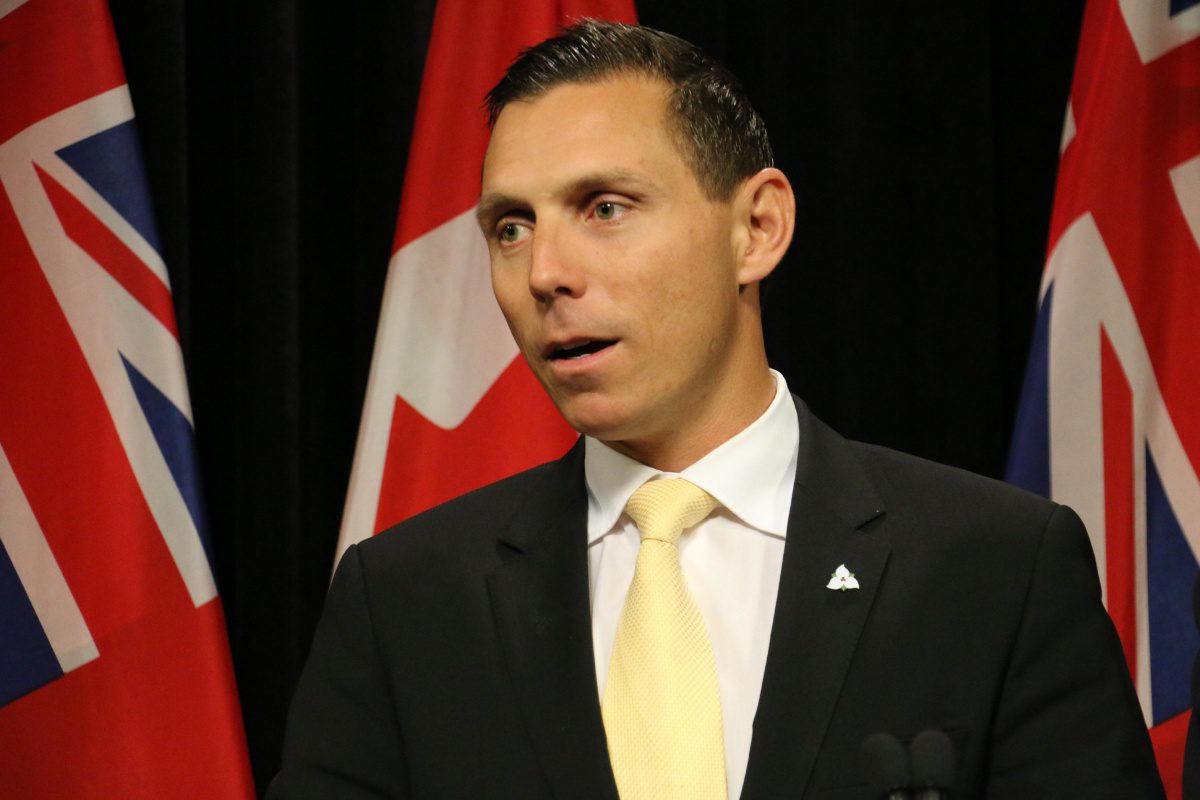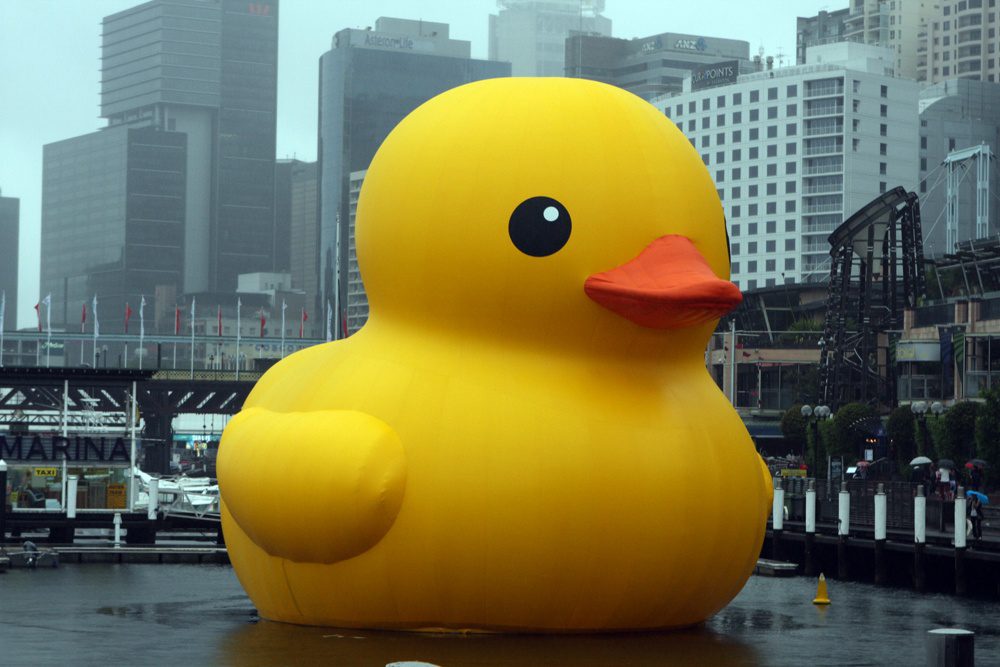There's no such thing as a perfect electoral system, and the best proof can be found by looking at one that purports to be.
I think Andrew Scheer will make a fine leader of the Conservative Party (he fits the formula of a low-risk but high-potential "boring leader" I made the case for last fall), and I don't question the validity of the outcome that produced him last week. Yet even the satisfied must concede Scheer's victory was generated by a fairly bonkers process. Any attempt to honestly evaluate the health, demographics, and trends of the Canadian conservative movement circa 2017 must begin by correcting for a number of systemic oddities within the voting system of a party that claims to reflect all of the above.
The Conservative Party's electoral system promised to honor two abstract principles everyone can support in theory: all electoral districts should be treated equal, and the party leader should be elected with a majority of votes. Both proved deeply difficult to implement in practice, however.
For its egalitarian electoral districts, the party chose to use Canada's existing 338 parliamentary ones, a bad choice given such things are neither equally-populated (the Maritimes in particular have way more seats than they should due to the constitution's insistence that no one gets fewer seats than they have senators — and the Maritimes have way too many senators), nor equally conservative.
Thanks to data surreptitiously obtained by OttWatch's Kevin O'Donnell, who trusts the Canadian public with the intimate details of the Tory election more than the Tories, it's been revealed that 54 ridings — about 16% of the total — cast less than 100 votes each. The vast majority were from Quebec, where the Conservative Party is notoriously uncompetitive, and included places like Gilles Duceppe's old riding of LaurierSainte-Marie, where the Conservative candidate pulled a whopping 4% in 2015, or GaspésieLes Îles-de-la-Madeleine, where total Conservative Party membership consists of 19 brave souls.
Maxime Bernier swept these ridings, which doesn't reflect too poorly on him, given he swept a number of enormous ridings as well — indeed, the fact he won first-ballot victories in both the smallest riding, Nunvut (voters: 16), and the largest, Medicine HatCardstonWarner (voters: 1,425), reflects well on the broadness of his appeal. Yet it does go some ways to explaining why when you look beyond the party's "point" system, which is based on riding-by-riding popular vote percentages, and towards the aggregate national popular vote, Scheer's margin of victory (53-47%) looks less ambiguous.
The "Rotten Boroughs" effect is more significant in the case of Michael Chong, who eked out a fifth-place victory despite having run, basically, as a Liberal. Chong received first ballot victories in only 18 ridings, virtually all of which were located in stereotypically far-left urban centres, including Ottawa Centre, home of Environment Minister Catherine McKenna, and Vancouver East, the riding Libby Davies held for 18 years. The Conservative electorate was larger in these places than one might expect, though probably due to Chong's own activism. For all the attention Chong's candidacy received from journalists (who may have been courted by Chong himself, given how much of greater Toronto and Ottawa he won), the only real takeaway from his failed candidacy is that a progressive masquerading as a conservative can be popular in places that vote left — but nowhere else.
On the other end of the spectrum, the 15 districts won by Brad Trost are equally revealing in exposing where that candidate's flavour of right-wing thought — not merely "socially conservative," but across-the-board-dogmatic-on-every-issue — approach plays best. Unlike Chong, Trost's ridings were generally competitive territory for Conservatives, and, most revealingly, included several of the much-mythologized "very ethnic" ridings of Vancouver, Scarborough, Markham, Richmond, etc. Many on the Tory left continue to fantasize that a more "inclusive" party is synonymous with a more moderate one. Trost's results should offer pause.
Honoring the majoritarian victory principle proved no less a challenge. Though Scheer beat Bernier 62,593 to 55,544 in the popular vote (or 17,221.2 to 16,577.8 in "points"), these figures are rather obtuse, given they were cobbled from 13 rounds of voter redistribution. Because the party used a ranked ballot, which presumes you should be ecstatic when even your 10th favorite candidate winds up in power, both Bernier and Scheer gained tens of thousands of voters over the course of the evening simply by having been grudgingly tolerable to the voters of their defeated rivals. By the time he was pushed over the top, Scheer's political destiny was being buoyed by nonsense like the 6th place rankings of Lisa Raitt voters. They must certainly be pleased?
Man does not hold hierarchies of preference as elaborate as the ranked ballot system demands. We saw proof in the final tally, which featured around 16% of the popular vote going to no one, thanks to a high number of lesser candidates' voters refusing to rank Scheer or runner-up Bernier at all. This is a pretty substantial rate of dissent from candidates who, between the two of them, were often presented as offering basically anything a conservative voter could want, and should be kept in mind as Leader Scheer seeks to consolidate a victory that's both more and less decisive than it seems.
Written by J.J. McCullough








